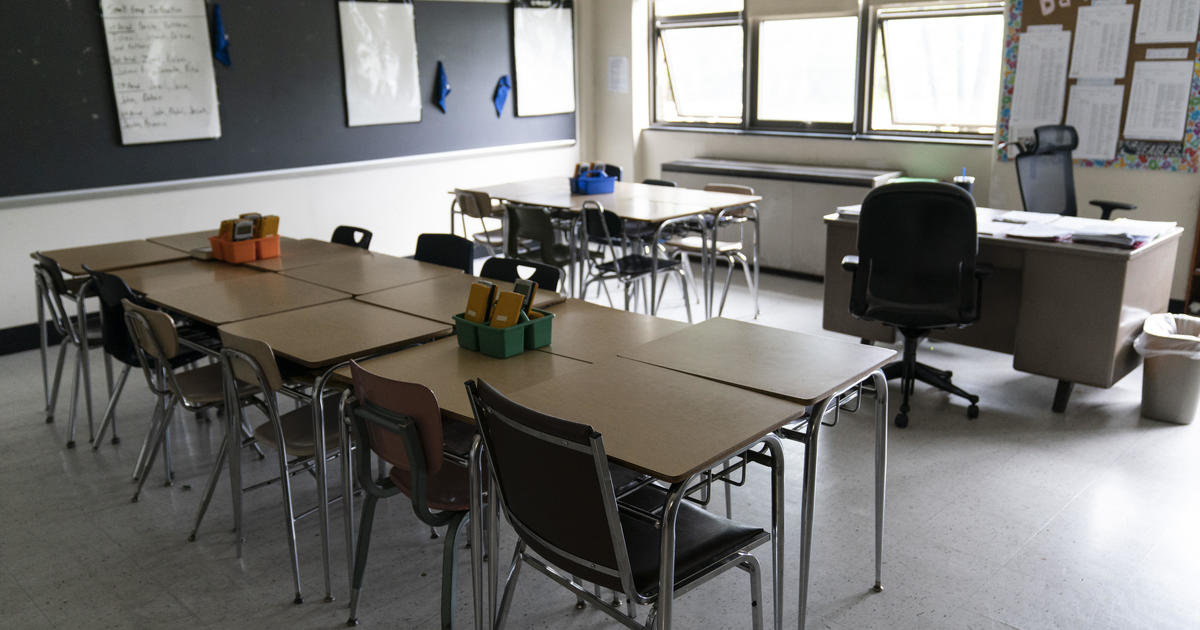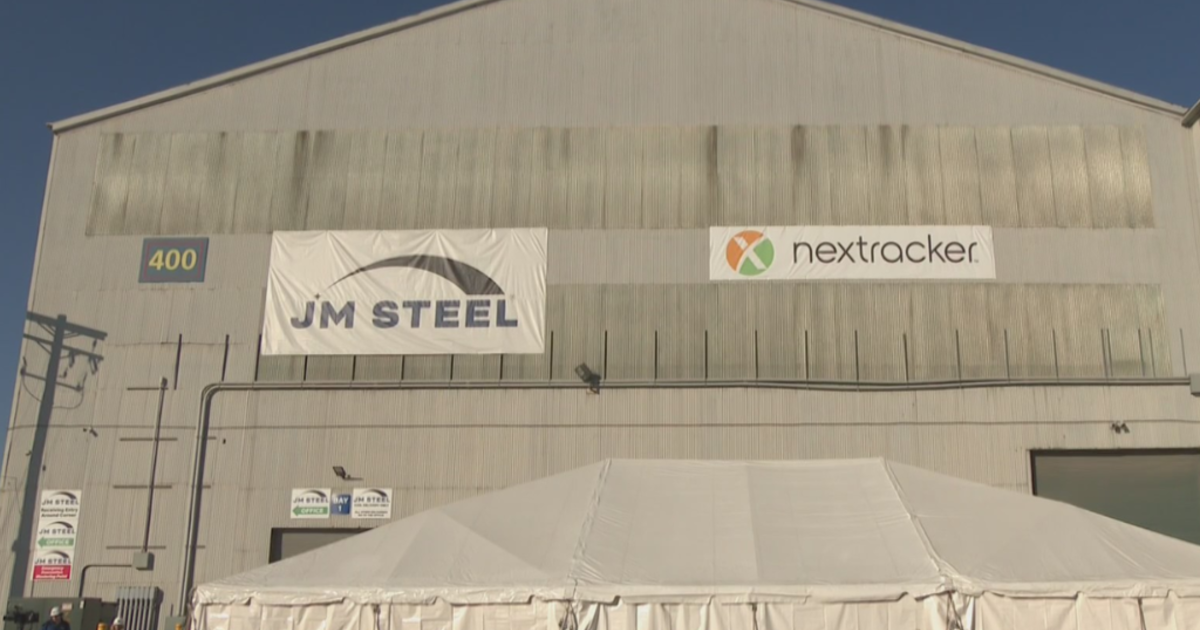Pittsburgh-area manufacturers could be impacted by Francis Scott Key Bridge collapse
PITTSBURGH (KDKA) — The tragic Francis Scott Key Bridge collapse could have a major impact on the economy and supply chains, which could be felt beyond Baltimore, including western Pennsylvania.
The Francis Scott Key Bridge used to provide access to the busy Port of Baltimore until disaster struck, collapsing the bridge in seconds.
"Importers and exporters in this area are going to have to adapt and work on the fly to be able to figure out how to get their shipments in or out of the country. So many folks in our area ship through the Port of Baltimore, so it's going to have a huge impact," said Wendy Serapiglia, instructor of supply chain management at Duquesne University.
Serapiglia said Baltimore's port is critical to the Mid-Atlantic region and the Pittsburgh area. She spent two decades working in the Steel City for companies like PPG Industries and MSA Safety. She now teaches supply chain management at Duquesne.
Serapiglia believes the tragedy is going to have a big impact on manufacturers and companies that buy or export products.
"So many of the companies around here will choose to have their shipments moved through the Port of Baltimore instead of going up to New York, New Jersey. Typically, we're able to get shorter, quicker reservations for the Port of Baltimore," she said.
Ships being halted at the nation's busiest port for cars, trucks and sugar could strain supply chains and scramble deliveries.
Serapiglia said some companies that rely on the port are going to see delays.
"If you're importing and you're bringing goods into the Port of Baltimore, you're naturally going to see delays and that may cause manufacturers to have to go out to their suppliers and request that their goods come in maybe airfreight to make up for the time that is lost from the stuff being stuck. Alternatively, you may have to move the actual goods that are stuck in the Port of Baltimore up to the Port of New York or New Jersey. So, the shippers or importers are going to have to pay for that. So, there's going to be a delay with time, which obviously impacts inventory and could significantly impact the availability of product in the area," said Serapiglia.
She calls it a nightmare for companies, but at this time, it's unclear how it'll trickle down to consumers.
"I think that the primary impact will be in industry and some of the short-term work that needs to happen to get that product out. And then a longer-term planning of how to move shipments in out and of the East Coast may be adjusted, especially for this region," said Serapiglia.
The Port of Baltimore remains closed to ship traffic while crews continue to examine the area and work to clear the channel. Before the port can re-open, all the debris needs to be removed and the river needs to be dredged. There's no timeline for a re-opening.




